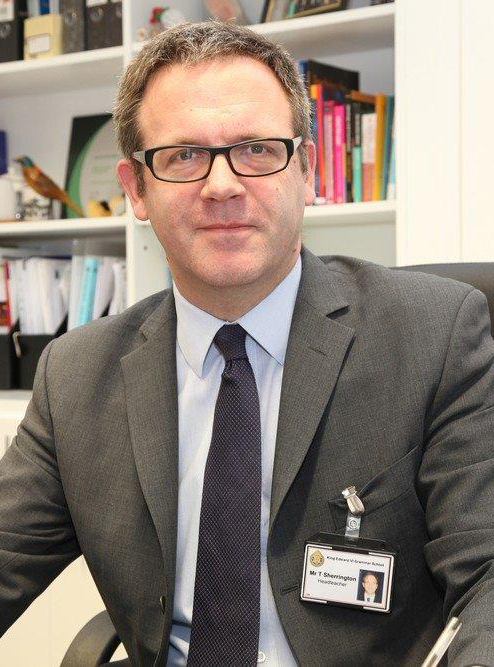

Teach Now! Science
Welcome to the Teach Now! website. I am very excited to have had the opportunity to contribute to this series with The Joy of Teaching Science. If you are new to teaching or are considering teaching as a profession, I hope that you find the series inspiring, supportive and useful. That was my goal with the book. I've always loved teaching science and, although I am now a head teacher, I continue to find that my own lessons are the highlights of my week. If I have managed to get across some of that passion and enthusiasm, I'll be delighted.
I started out as physics teacher, teaching mainly A level, with some maths alongside. I then spent many years as a general science teacher, learning how to teach biology and chemistry and how to make the connections between each of the areas. Over the years, I've thoroughly enjoyed the process of deepening my understanding, learning about new concepts, trying new demonstrations and experiments and finding different ways to communicate the ideas to my students. I hope you will have the same experience.
Teaching isn't always easy and there are some areas that can be especially challenging. Managing behaviour, using assessment to inform your teaching and differentiating work to meet the needs of a wide ability range can be daunting. In the book I've tried to offer a range of practical strategies to get you started. I am regularly invited to contribute to teacher training sessions at schools and many of the ideas in the book have been road tested in a variety of school contexts.
The best bit about being a teacher is that you are surrounded by interesting people, in the classroom and in the staff room. A book like this is something you may dip into from time to time, fuelling the discussions you have with your colleagues and students. I'd be very happy to hear from you as your career develops. If you've found the book helpful or have some good suggestions, please let me know.
Tom Sherrington
To find out more please visit my blog: www.headguruteacher.com.
Web Activities
Explaining well
Really, you can't do too much of this. Choose an area of science that you are not especially familiar with. This could be forces or electricity; electrolysis or bonding in hydrocarbons; diabetes and its treatment; or plant reproduction.
For a specific topic, research the theory in a general sense, look up the relevant GCSE syllabus requirements and identify the key concepts that students will need to know. Then try to construct an explanation for these concepts at the right level for your class.
Write a list of possible questions students might ask about the topic and test your confidence in answering:
- What happens if a person with diabetes eats too many sweets?
- What really happens when a parachutist appears to go upwards when they are filmed opening their parachute?
- Why are some substances more soluble than others? How does stirring make sugar dissolve in tea?
- How can two black mice have white offspring but this isn't the same for humans?
Data-logging
Most schools have some form of data-logging equipment that can be very useful in class practicals and demonstrations. Ask the technicians to set up the data-logging equipment after school one day so you can use it confidently in lessons. You might try some of the following:
- Using temperature sensors to compare simultaneous plots of the temperature in a black cylinder and a shiny metal cylinder.
- Using motion sensors to measure velocity and acceleration and motions such as a swinging pendulum.
- Using voltage and current recordings to investigate the behaviour of a light bulb as you rapidly increase and decrease the current and then repeat more slowly.
- Using a pH meter during a neutralisation reaction so students can see the tipping point from acid to alkali.
Useful Weblinks
- www.ScienceDemo.org: lots of excellent videos showing teachers how to perform some interesting demonstrations.
- www.RiChannel.org: the Royal Institute's site with a library of excellent videos of lectures and demonstrations.
- www.ase.org.uk: the Association for Science Education is excellent for news and resources.
- www.cleapps.org.uk: the place to go for information about practical science and health and safety.
- www.My-gcsescience.com: this is a collection of videos explaining most GCSE science topics. The videos can help you prepare your own explanations as well as providing students with a supporting resource.
- www.ictmagic.wikispaces.com/Science: this is a treasure trove of links to websites of all kinds covering all areas of science, from primary to secondary.